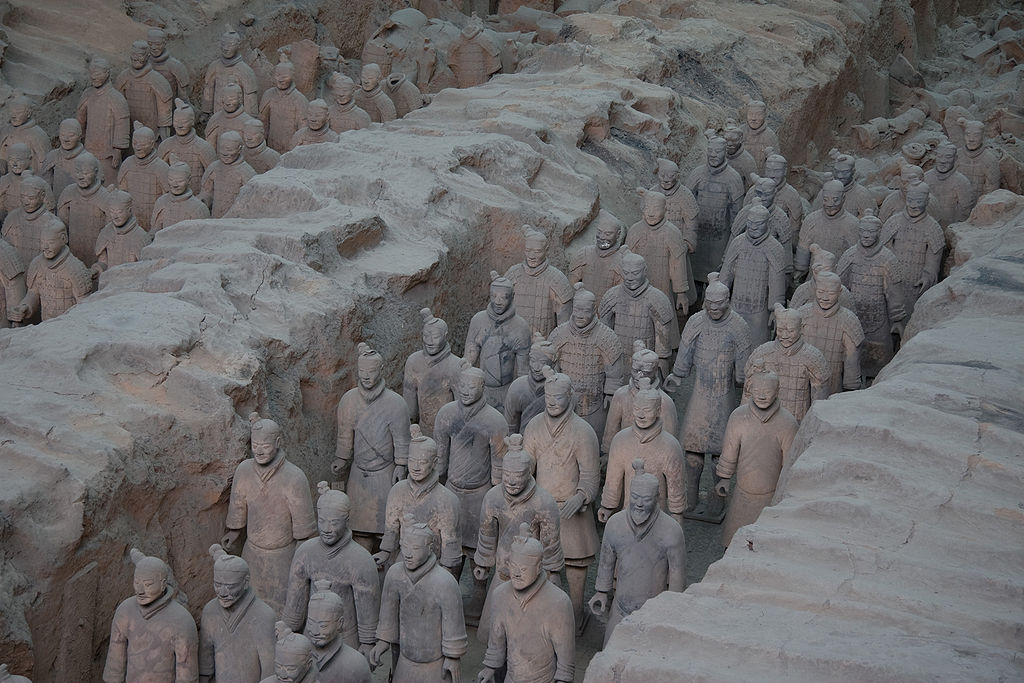Scotiabank announced this friday that along with its joint venture partner Bank of Beijing, the Bank of Beijing Scotiabank Asset Management Co. Ltd. has received regulatory approval for a license to operate as a fund management company in China. This is the first fund management license issued in China under a new round of pilot programs allowing commercial banks to set up fund management companies.
As part of this joint venture, Bank of Beijing holds a majority interest in the fund management company while Scotiabank and General Research Institute for Nonferrous Metals both hold minority stakes.
High saving rates among citizens, pace-setting economic growth and an increase in China’s working-age population are expected to drive asset growth of Chinese fund management companies. As at the end of 2012, total Assets Under Management (AUM) in the industry stood at RMB2.79 trillion (US$450Bn).
About Scotiabank in China and Asia
- The Bank opened a representative office in 1982 and the presence has since grown to include branches in Guangzhou, Chongqing and Shanghai. The Bank also has branches in Hong Kong and Taipei in the greater China region.
- In September 2011, Scotiabank announced to the acquisition of a 19.99% stake in the Bank of Guangzhou, subject to regulatory approval.
- Scotiabank holds a 19% interest in Bank of Xi’an.
- In Asia, the Bank provides corporate and commercial banking, correspondent banking, foreign currency, foreign exchange and trade finance services.
- Scotiabank has the largest presence in Asia among Canadian banks.
- Scotiabank operates in several other countries across the Asia Pacific Region, including Australia, India, Korea, Japan, Malaysia, Singapore, Thailand, Vietnam.
Scotiabank is a multinational financial services provider and Canada’s most international bank. With more than 82,000 employees, Scotiabank and its affiliates serve some 19 million customers in more than 55 countries around the world. With assets of $736 billion (as at January 31, 2013), Scotiabank trades on the Toronto (BNS) and New York Exchanges (BNS).
